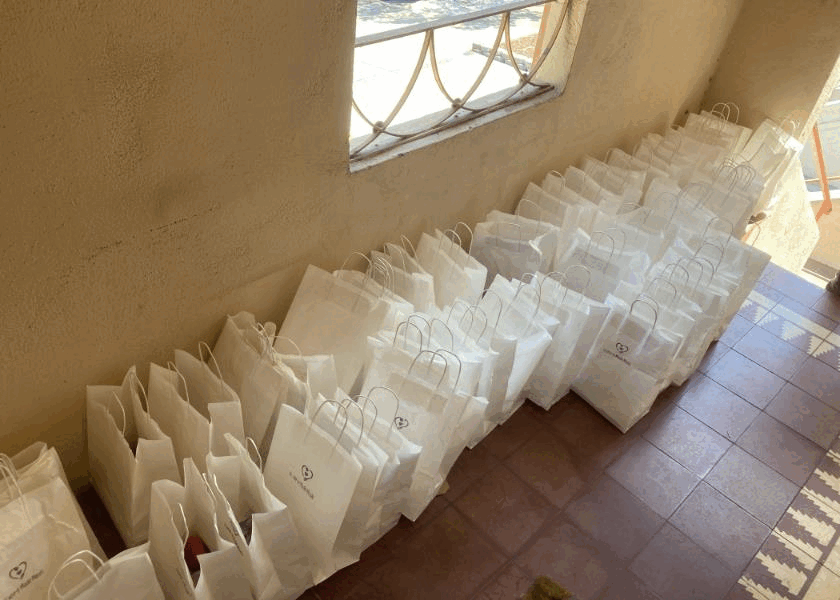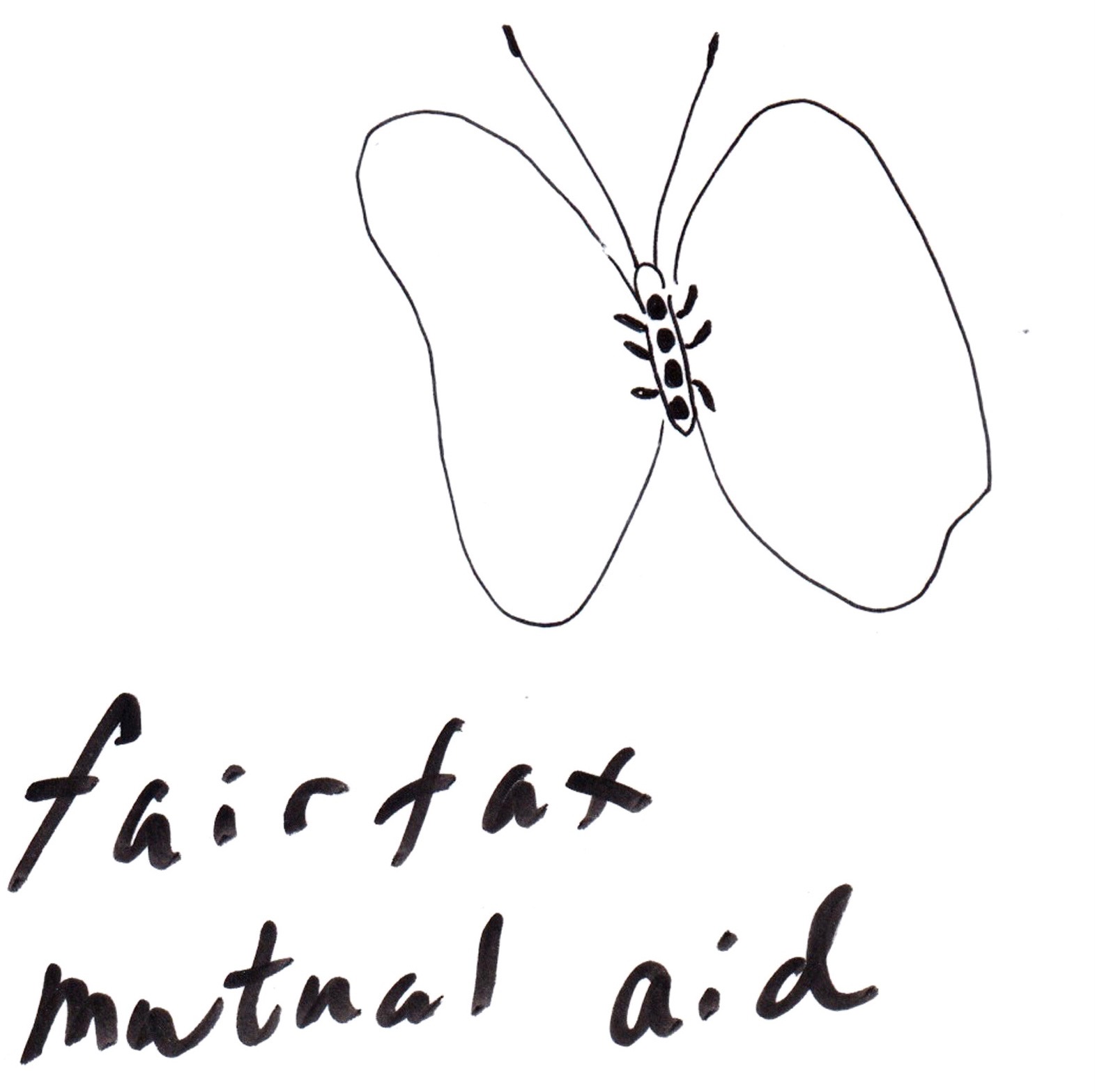About
Fairfax Mutual Aid is a collective of local volunteers organizing material resources, care-based support and companionship to unhoused and housing insecure constituents in multiple districts in Los Angeles.
Our weekly outreach focuses on people living at encampments, in RV's and those who have been transitioned into Inside Safe or temporary accommodations.
We provide food, survival supplies, phones, transportation, harm reduction, education, sweep monitoring and bail funds/court support.
CLICK HERE TO DONATE

Visit our Hack Club to make a donation.
